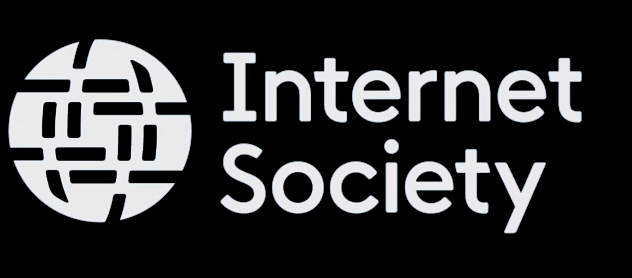Andreas Unteidig

Andreas is a researcher at the Design Research Lab / Berlin University of the Arts, where he explores the relationship of design, technology and the political. Prior, he studied at KISD/Cologne and Parsons/NYC and worked as a graphic, interaction and service designer. He has been teaching design methods and theory in Berlin, Cologne, Athens and Jerusalem. His work has been published and exhibited in Europe, the US, Israel and China.
Presenting
MAZI – Between digital commons, urban struggles and local self-organization
Social and political processes are becoming increasingly digitized and restructured by technology. Between and beyond dystopian visions and cyber-romantic ideals, we are witnessing, producing and living the rising significance of technological mediation and transformation of our urban realities. By aligning a critical and open approach to urban technology and discourses and practices around the „right to the city“, the EU-funded project “MAZI” brings together researchers, technologists, designers and activists in exploring the participatory development and appropriation of DIY networking technology.
Reflecting on possible alternatives to proprietary narratives on urban-technological futures, the project develops and prototypes alternative networks that unfold their agency outside the commercial and globalist internet paradigm, and are owned by their potential users.
MAZI aims at developing a “toolkit” that allows individuals and groups to easily set up, appropriate and adopt local networks according to their needs, and approaches this through four independent case studies, in which exemplary networks are being developed together with local collectives: Kraftwerk1 in Zürich, Deptford Creek in London, the nomadic group UnMonastery and the Neighborhood Academy/Prinzessinnengärten in Berlin. Through this, MAZI aims at bringing DIY networking into technologically un-savvy, political contexts which can be supported and amplified by its application.
The research leading to these results has received funding from the European Union’s H2020 Programme under grant agreement no 687983 (MAZI Project). The MAZI-partners are: University of Thessaly, Nethood, Berlin University of the Arts, Common Ground, Edinburgh Napier University, Open University, INURA Zürich Institute, SPC and UnMonastery.
Exhibiting
Polylogue
Polylogue is an interactive installation. It consists of two wall-mounted boxes with paper running in-between them and provides a locally constrained Wi-Fi network serving as the access point for users to send text messages with their mobile devices. The messages are printed immediately on a paper roll that runs in-between two translucent, black boxes. Polylogue offers a physical experience analog to apps like Snapchat and thus serves as a antithesis to the internet’s „eternal memory“, as the messages and their relationships only exist situational. Unlike digital messages, which often travel for thousands of kilometers, messages submitted to Polylogue travel exactly 2m until reaching their final destination. It depends on the density of conversations how long it takes for a message to get from one box to the other to then get destroyed: The more and the faster visitors feed the installation, the more short-lived a single message becomes.



